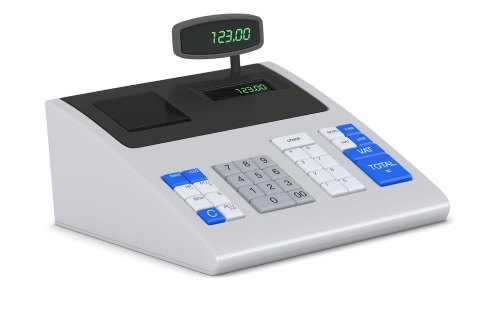At Art. 1 Par. (1) of Emergency Ordinance (OUG) No. 28/1999 regarding the obligation of the economic operators to use fiscal electronic cash registers, republished, with the subsequent modifications and completions, it is stipulated that the economic operators who cash in whole or in part with cash or by using credit / debit cards or their substitutes the cash value of the goods delivered as well as the supplies of services performed directly to the population are obliged to use electronic fiscal cash registers.
However, to the extent that these sales take place on an occasional basis, they are not subject to Emergency Ordinance (OUG) 28/1999, according to Art. 4 of the Methodological Norms of Application approved by Government Decree (HG) 479/2003, republished, with subsequent amendments and completions
According to the norms, the deliveries of goods and services directly to the population means those activities carried out on a permanent or seasonal basis. Not included in this category are the supplies of goods and services rendered occasionally, directly to the population, by economic operators, other than retailers.
By occasional trade, we understand the occasional commerce acts performed over limited time at fairs, salons, festivities, sales exhibitions, and deliveries of goods to our own employees for their own use.
Therefore, economic operators who carry out deliveries of goods and services directly to the population have the obligation to issue tax vouchers with electronic fiscal stamps and hand them over to their clients. At the request of the clients, they will also release the tax invoice.
According to Art. 2 of Emergency Ordinance (OUG) 28/1999, are exempted from the provisions of Art. 1 Par. (1) earnings resulted from the following activities:
- the occasional trade with agricultural products of own production carried out by individual agricultural producers, authorized under the law, in markets, in the forests or in other authorized public places;
- selling newspapers and magazines through authorised specialised distributors
- public transport of passengers within a locality based on tickets or subscriptions printed according to the law, as well as by metro – public transport of passengers within a locality based on tickets or subscriptions printed according to the law, as well as by metro;- activities for which the proceeds are based on fixed-rate vouchers printed according to the law – tickets for exhibitions, museums, exhibitions, and gardens, zoos and botanical gardens, libraries, car parking places, gaming tickets and similar
- insurance and pension activities, as well as financial intermediation activities, including their auxilliary activities. Foreign exchange cash and cash changeover activities for individuals other than those of foreign exchange offices within the credit institutions belonging to such institutions are not excluded;
- activities carried out as free occupations in all forms of organisation that do not involve the creation of a commercial company;
- the sale of religious objects and services provided by religious institutions;
- retail commerce and travel by mail order, as well as mail, with the exception of delivery of goods at home by shops and public catering establishments, based on order;
- installation, repair and maintenance of goods at the client’s home;
- the sale of tourist services packages or their components by the travel agencies, defined according to the law;
- cashing at the customer’s home the equivalent of electricity, heat, natural gas, water, telephone services, including mobile, post and courier, sanitation, television, including cable, internet.

